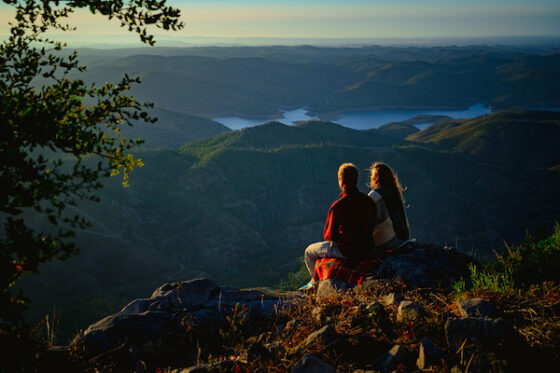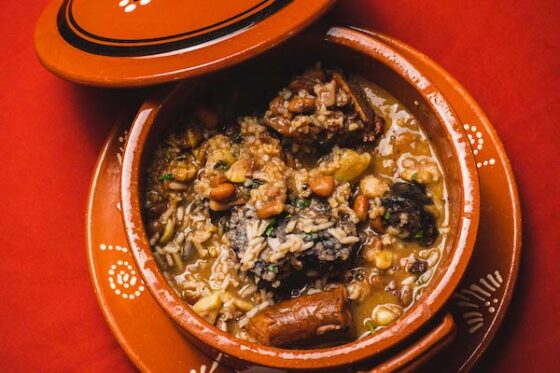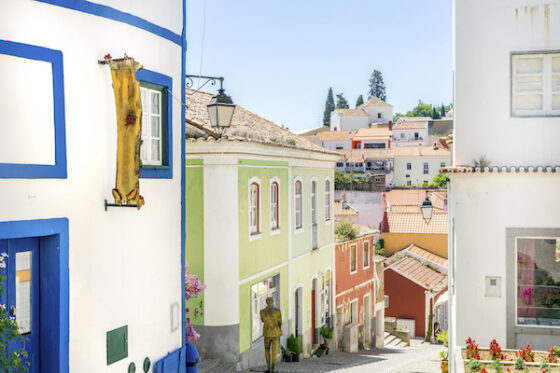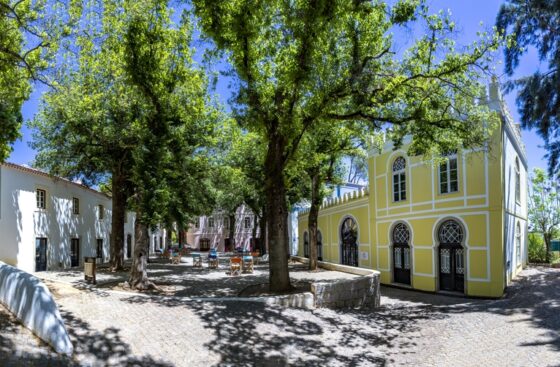Partner content
Escape the Dutch winter: visit Monchique, almost untouched Algarve

 Looking to escape the Dutch winter for a while? In the far south of Portugal, the Monchique hills reveal an almost untouched Algarve, with plenty of options to relax or enjoy the great outdoors.
Looking to escape the Dutch winter for a while? In the far south of Portugal, the Monchique hills reveal an almost untouched Algarve, with plenty of options to relax or enjoy the great outdoors.
Known as the ‘garden’ of the Algarve, the Monchique hills spill over with stunning landscapes, hosting a unique biodiversity due to its particular climate.
The proximity to the mountain and the Atlantic coastline endow this area with a large number of watercourses and waterfalls as well as exuberant vegetation and rare plant species, such as the pontic rhododendron (Rhododendron ponticum) and the protected Bonelli’s eagle.
Monchique also hosts the highest point in the Algarve, Foia, which stands at 902 metres in altitude. The route linking the town of Monchique and the Foia peak provides sweeping panoramic views out over Portimão, Ria de Alvor and a large swathe of the Algarve.
But the charms of Monchique extend beyond its landscapes.l The region is rich in history and traditions and as well gastronomy especially smoked meats, pork, cabbage, chickpea and beans.

Before setting off to discovery the hills, why not begin your journey in the picturesque town of Monchique, located in a gorge running between the peaks of Foia and Picota.
Wander through the narrow and twisting streets, you will come across rows of white houses with their typical skirted chimneys and where the fireplace would serve not only for heating and cooking but also as a smoker for curing the meats typical of this region.
Monchique also has tempting artisan and handicraft stores to visit. Think hand-woven carpets, ceramics and baskets in wicker and osier. One of the most characteristic pieces of Monchique history is the tesoura folding chair, a Roman legacy that is still in production today.

In fact the origins of Monchique go back to before the presence of the Romans in Caldas de Monchique, who considered its waters to be sacred.
The grandeur of the Monchique hills also did not fail to impress the Moors either who referred to it as Sacred Mountain. The therapeutic properties of its waters also made it home to the only thermal spa resort in the Algarve and you can still enjoy them today.
Located in a valley 250 metres above the sea, the Caldas de Monchique resort is one of the best preserved pearls in Portugal and is well worth a visit. The warm thermal waters of Caldas, which bubble up at a temperature of around 32º, stem from both the Foia and Picota peaks and are volcanic in origin.
Don’t forget to visit the Matrix Church of Monchique which dates to the early 16th century, while the Convent of Nossa Senhora do Desterro was founded in 1631.

Away from the towns, plant lovers especially will enjoy the varied vegetation, including the rare pontic rhododendron, which testifies to the subtropical climate that once prevailed here. The plant is known for its lilac flowers that offset the greens of the hills from May onwards. but only now exists in the hills of Monchique and Caramulo, in central Portugal.
Follow the Rhododendron Route, a small path that leads past areas with the greatest abundance of plants, in and around Foia, to appreciate them in all their glory.
If cycling is more your thing, there are plenty of trails to follow and mountain bikes to rent, while walkers will find routes for every level of fitness.
You won’t get too hot during your exertions either, given the average temperature in January is in the mid teens, with plenty of sunshine and just the odd shower – the perfect antidote to the gloom of the Netherlands in the depths of winter!

To keep in touch and find out more, visit the Monchique website or sign up for the newsletter.
Monchique is extremely easy to get to; Algarve International Airport, located in Faro is some 85 kilometres in distance from Monchique and provides connections with the majority of major European cities. From Lisbon, you can take either the train or the 250 kilometres motorway drive.
Thank you for donating to DutchNews.nl.
We could not provide the Dutch News service, and keep it free of charge, without the generous support of our readers. Your donations allow us to report on issues you tell us matter, and provide you with a summary of the most important Dutch news each day.
Make a donation